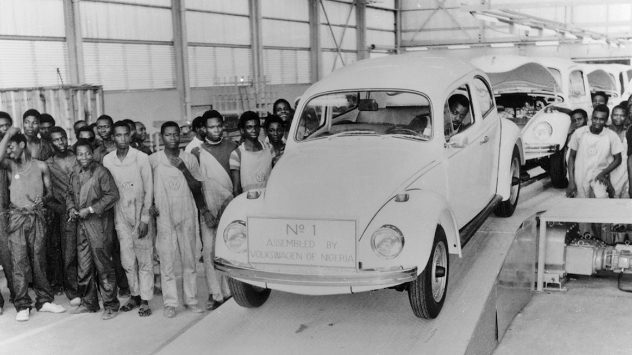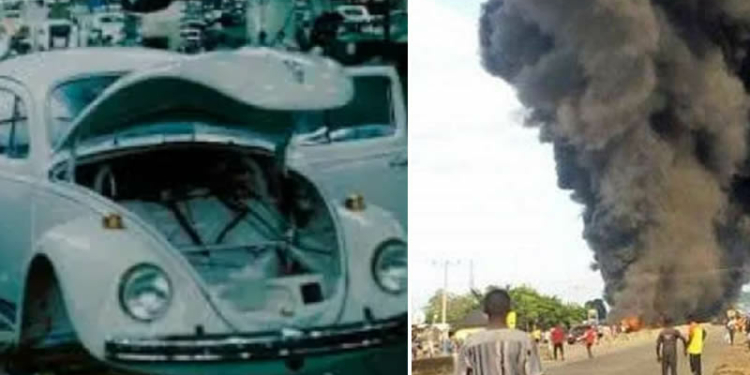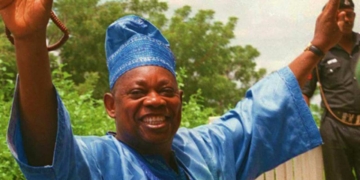Every February 7th, two events in Nigeria’s history are symbolized. One atmosphere was upbeat and energizing, whereas the other was toxic, depressing, and unpleasant.
However, both of these significant occurrences impacted Nigerian history and the 7th of February in particular.
Volkswagen of Nigeria Ltd. was founded in Ojo, Lagos, on this day in 1973.

To create an assembly factory in the nation, Nigeria government and well-known German brand Volkswagen signed a contract in 1972.
Volkswagen AG received 40% of the equity interest, followed by German banking organizations (11%), the Nigerian government (35%), Lagos State (4%), and Nigerian distributors (10%). Production started in 1975 at the factory, which was located along the recently finished Lagos-Badagry expressway.
Completely disassembled parts shipped from Germany and provided by Volkswagen were used to construct the cars. Beetle (1300cc, 1500cc, 1600cc), Audi 100Audi (100 cd), Golf, Kombi bus, Jetta, and Passat were all made at this site. The country’s middle class was a big fan of the company’s cars.
Explosion rocks multiple places in Kaduna on this day February 7, 1973

Leading military officials alleged that Boko Haram, an extremist organization, was the start of a series of attacks against Nigeria’s security infrastructure.
The barracks attack, according to the military, was carried out by a suicide bomber donning an army uniform.
It was further emphasized that troops fired on him before he could enter the compound’s structures.
According to the military, the bomber attempted to force his way onto the grounds at the barracks in Kaduna, a significant city in Nigeria’s predominantly Muslim north, when guards opened fire on the car.




Discussion about this post